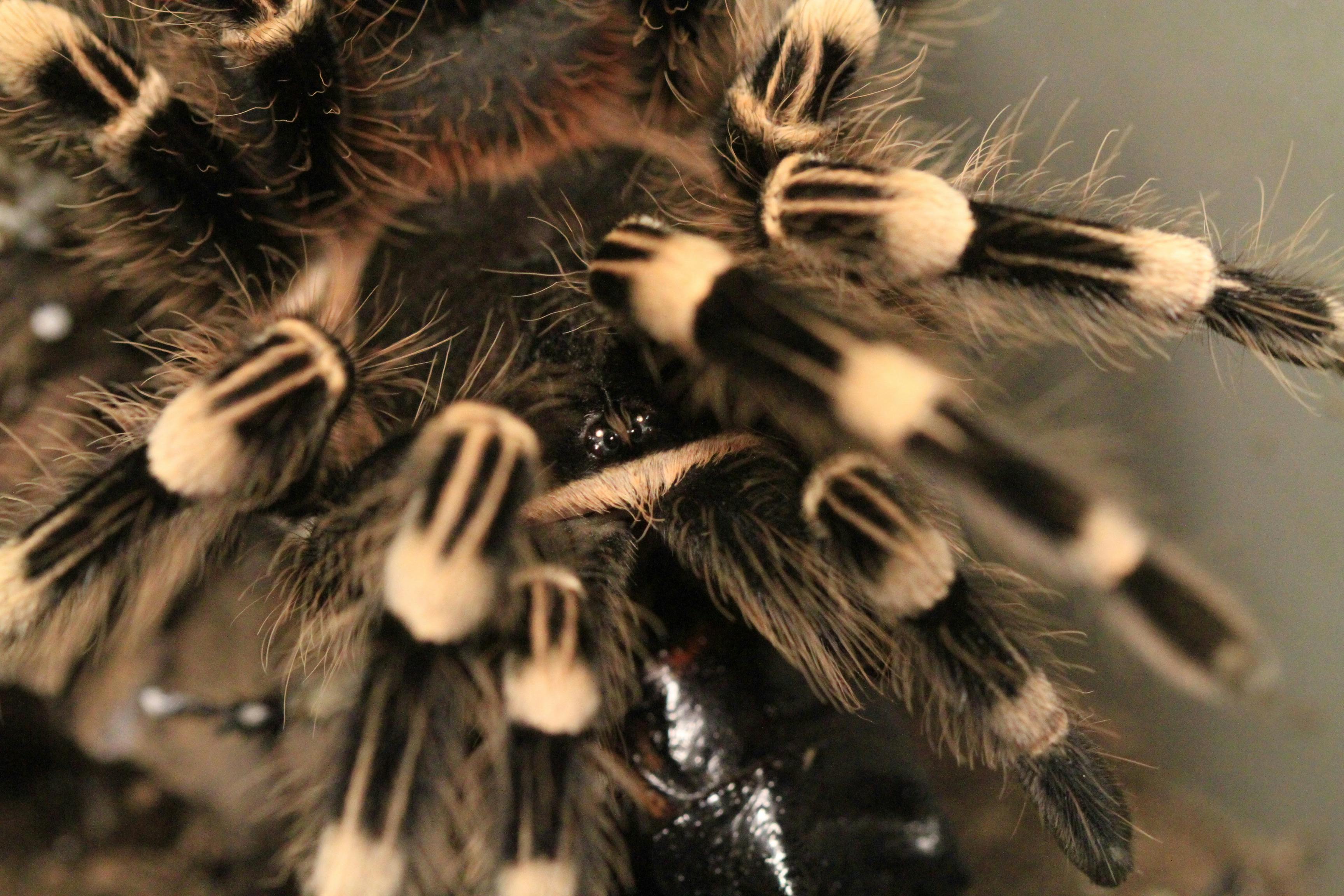The Unseen World of Invertebrate Pets: An In-depth Look at Keeping Tarantulas
In the realm of pet ownership, tarantulas are often overlooked. Their reputation as intimidating creatures often precedes them, but for the discerning enthusiast, these invertebrates present a fascinating and rewarding pet experience. This article aims to delve into the world of keeping tarantulas as pets, offering a fresh perspective on these misunderstood creatures.

The History of Tarantula Keeping
The practice of keeping tarantulas as pets dates back to the 19th century. Initially, these creatures were kept for scientific observation, but over time, people began to appreciate them for their unique characteristics and behaviors. Despite the common perception of them as fearsome creatures, tarantulas were gradually accepted as interesting and low-maintenance pets by a niche group of enthusiasts.
Current Developments in Tarantula Keeping
Today, keeping tarantulas as pets is a growing trend, especially in the United States, where thousands of households boast an arachnid companion. The pet industry has responded to this trend, with a greater variety of tarantula species becoming available, and specialized pet products designed for their unique needs. These include tailor-made terrariums, heating and humidity control devices, and a wide range of tarantula-friendly substrates and decor.
The Cost of Keeping a Tarantula
Tarantulas are considered a relatively affordable pet. Initial set-up costs for a basic terrarium and necessary equipment can range between $100-$200. The tarantulas themselves can vary greatly in price, from $20 for a common species, up to several hundred dollars for rare or exotic varieties. However, their long lifespan (up to 20 years in some species) and low maintenance requirements can make them a cost-effective pet over time.
The Appeal of Tarantula Keeping
Aside from the fascination of observing these unique creatures, tarantulas are ideal pets for individuals who lead busy lives. They require minimal interaction, are quiet, and have low feeding costs. Contrary to popular belief, many tarantula species are quite docile and are unlikely to bite unless severely provoked. Furthermore, their venom is usually not harmful to humans, making them a safe pet option.
The Challenges of Tarantula Keeping
Of course, keeping tarantulas is not without its challenges. Their care needs can be complex, requiring a good understanding of their natural habitat and behaviors. Tarantulas are also not a pet that can be interacted with in the traditional sense, which can make them unsuitable for those seeking a more interactive pet experience.
In conclusion, tarantulas may not be the first choice for many when considering a pet. However, for those willing to look beyond their intimidating exterior and delve into their fascinating world, these creatures can make a truly unique and rewarding pet.




